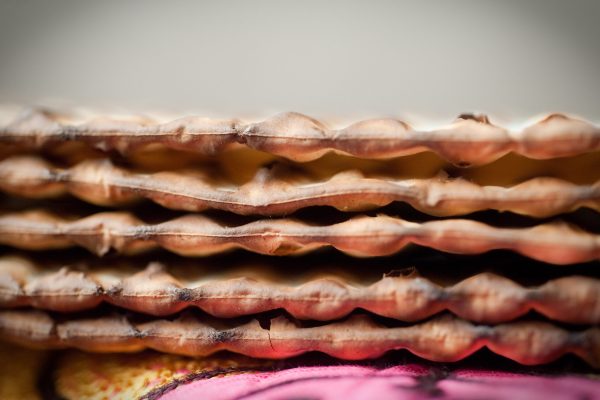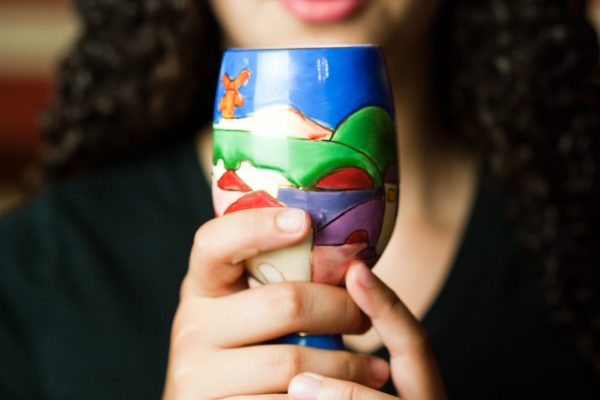He would have died
of natural causes
by now, in any event,
the Rabbi of forever
indeterminate age
with exquisite
German penmanship.
of natural causes
by now, in any event,
the Rabbi of forever
indeterminate age
with exquisite
German penmanship.
Two sisters, six and ten,
this is their story.
The Rabbi
you already know
has no story.
this is their story.
The Rabbi
you already know
has no story.
1935, the girls are packing
for America.
Their parents will not wait
for things to become worse.
Unlike the Rabbi
the family will survive,
crossing with dishes and lamps,
candlesticks and blankets,
small enough to fit inside crates
and boxes but carrying no cash.
The government forbids
removing currency.
for America.
Their parents will not wait
for things to become worse.
Unlike the Rabbi
the family will survive,
crossing with dishes and lamps,
candlesticks and blankets,
small enough to fit inside crates
and boxes but carrying no cash.
The government forbids
removing currency.
The Rabbi comes to visit
one last time,
gives each girl a book,
a Passover Haggadah
inscribed–
Brave Ruth,
Courageous Hannah,
telling the story
we are commanded
to remember every year
about blood on the doorposts
and the going out from Egypt
written in simple language
a child might understand.
one last time,
gives each girl a book,
a Passover Haggadah
inscribed–
Brave Ruth,
Courageous Hannah,
telling the story
we are commanded
to remember every year
about blood on the doorposts
and the going out from Egypt
written in simple language
a child might understand.










